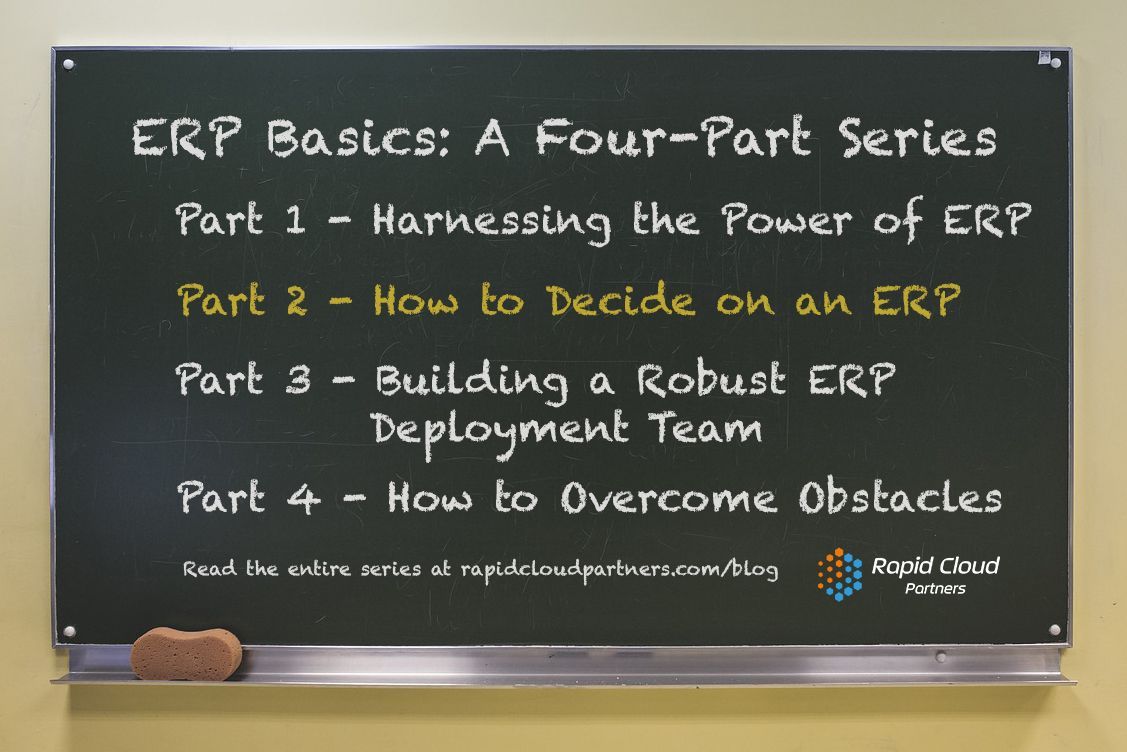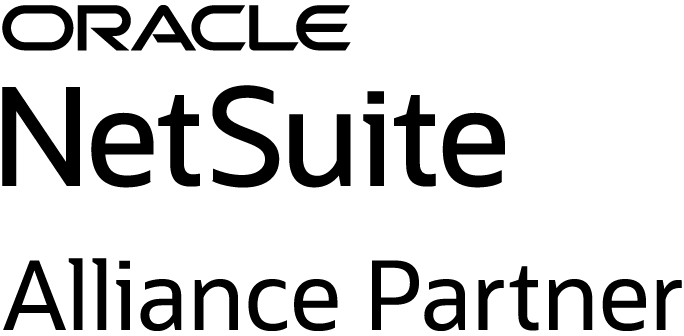In today’s business landscape, choosing the right Enterprise Resource Planning (ERP) system is not simply a software selection process; it’s a strategic decision that usually lays the foundation for operational achievement. The path to implementation will provide either success or frustration. Choosing an ERP system that aligns with business dynamics can equip employees to operate efficiently and effectively while positioning the company for manageable long-term growth.
Below are ten critical steps to consider when making this important choice:
1. Define Specific Requirements
Start with a clear understanding of what the business needs. Document essential features and functionalities that will enhance operational efficiency. Understanding what is needed will help to narrow down the ERP systems best suited for the business.
2. Evaluate Integration Capabilities
Crucial for maintaining data consistency and operational harmony, an ERP should provide a seamless connection to existing infrastructure. Assess the integration capabilities to ensure the system can communicate effectively with existing and desired tools.
3. Seek Vendor Expertise
A consulting team familiar with the challenges and dynamics of comparable businesses can provide invaluable insights and tailored solutions when implementing a new ERP. Investigate the vendor's expertise in handling businesses of similar scale in addition to its track record for successful implementations.
4. Ensure Scalability
As a business grows, so should the underlying platform. Ensure the chosen solution can accommodate increased demand, more users, and additional data without compromising performance. Review available expansion opportunities for future needs as the business grows.
5. Solicit Ongoing Support and Training
Post-implementation support and training are pivotal for a smooth transition and ongoing operations. Understand the scope of customer support and training programs offered by the vendor and consultants. Effective training prepares the team to maximize the benefits of the new system, enhances user adoption and boosts operational productivity.
6. Assess Total Cost of Ownership
Look beyond the initial purchase cost. Consider all expenses including implementation, customization, support, and maintenance. Evaluate the potential return on investment (ROI) to ensure the ERP system delivers value over its lifecycle.
7. Experience the System Firsthand
Demos and trials offer practical insight into ERP system functionality and compatibility with business processes. These experiences can highlight potential issues and allow a clear ease of use assessment.
8. Encourage Stakeholder Involvement
Since an ERP system impacts various, and perhaps all facets of an organization, involve key stakeholders from every department affected by the implementation. Their insights can help ensure a comprehensive design that will address business requirements.
9. Require Data Security and Compliance
With increasing cyber threats, ensure the ERP system adheres to the highest standards of data security and meets all regulatory compliance requirements relevant to the industry. This will insulate the business from potential data breaches and compliance issues.
10. Oversee Change Management
Transitioning to a new ERP system represents a significant change. Develop a change management communication strategy that addresses potential resistance within the organization and ensures a smooth adoption process.
With meticulous planning and conscious intent toward each of these aspects, decision makers can ensure that a new ERP system will address current and future needs, integrate seamlessly with existing operations, and support company long-term growth and adaptation in response to an evolving market. To learn more about how to choose an ERP, schedule an introductory call with RCP, a NetSuite Solution Partner Provider, using this link:
https://calendly.com/rapidcloudpartners/introductory-call.






